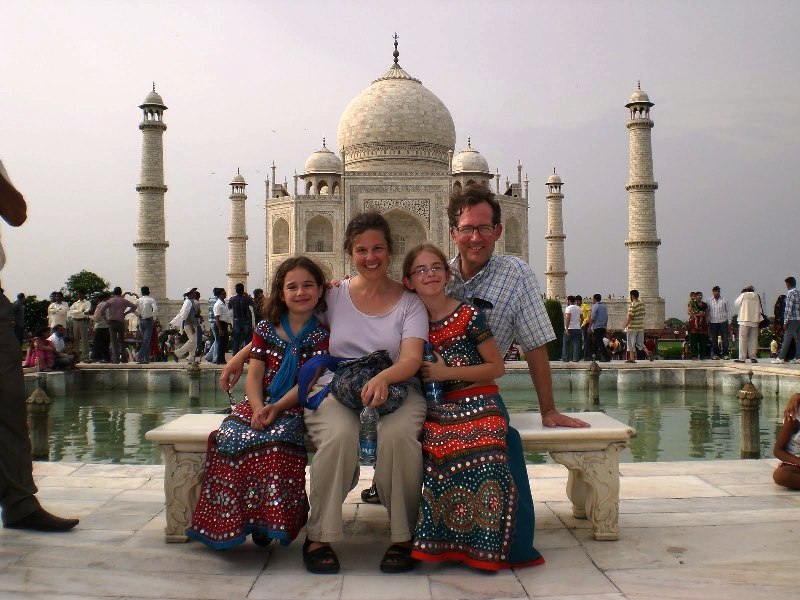Community members throughout Sampson County and surrounding areas are invited to fellowship for the healing of HIV and AIDS.
The Sampson County HIV/AIDS Task Force is sponsoring the 2016 National Week of Prayer for the Healing of AIDS, which begins Sunday, March 6, and continues through Sunday, March 13. Locally, the kickoff is scheduled for 6 to 7 p.m. Monday, March 7, at Olivet Institutional Baptist Church, 537 McKoy St., Clinton. Rev. Willie Bowden Jr. will serve as the guest speaker.
Thomas McLaughlin Jr., chairman of the task force, is looking forward to people attending the event, which has been observed nationwide for more than 20 years. Monday will be the first time the event is observed in Sampson County.
“We hope to make it an annual thing,”McLaughlin said. “We’re excited about it and we’re looking for great participation. We’ve had it in other locations such as Fayetteville and Smithfield and places like that. But this is the first time it will be held in Clinton.”
McLaughlin said one of the plans is to rotate the free event with refreshments at different local churches.
“It’s important for everyone to attend, so they can be on the same page and what to pray for,” he said about the disease. “It’s going to be around for a longtime until we find a cure. So it’s going to take prayer, to not only stop the virus itself, but to help people gain knowledge about how not to spread it.”
As an initiative of The Balm In Gilead, the purpose of the event is to bring national attention to the AIDS epidemic in the United States and role communities of faith can play in AIDS prevention, education, service and advocacy. According to the Center for Disease Control and Prevention, more than 1.2 million people in the country are living with HIV infection. Almost 1 in 8 (12 percent) of those infected are unaware of their status.
The Balm In Gilead was founded by Pernessa Seele, an American immunologist and interfaith public health activist. The group produces educational and training programs to meet unique needs of African-American and African congregations striving to become community centers for health education and disease prevention. More than 10,000 churches in the United States and Africa are involved with the organization.
Religious institutions such as churches, mosques and temples are invited to participate in the week-long observance. Congregations can join by registering online at www.NationalWeekofPrayerfortheHealingofAIDS.org. Next, the Balm In Gilead can distribute HIV information, promoting HIV testing by providing resources to local health departments and creating ways to show compassion for people effected by HIV.
The upcoming event is not the first time the Sampson County HIV/AIDS task force hosted an awareness event. In December, the organization hosted World AIDS Day. It provided an opportunity for people to gather and show support for those living with the disease and others who have died.
The Sampson County HIV/AIDS Task Force is sponsoring the 2016 National Week of Prayer for the Healing of AIDS, which begins Sunday, March 6, and continues through Sunday, March 13. Locally, the kickoff is scheduled for 6 to 7 p.m. Monday, March 7, at Olivet Institutional Baptist Church, 537 McKoy St., Clinton. Rev. Willie Bowden Jr. will serve as the guest speaker.
Thomas McLaughlin Jr., chairman of the task force, is looking forward to people attending the event, which has been observed nationwide for more than 20 years. Monday will be the first time the event is observed in Sampson County.
“We hope to make it an annual thing,”McLaughlin said. “We’re excited about it and we’re looking for great participation. We’ve had it in other locations such as Fayetteville and Smithfield and places like that. But this is the first time it will be held in Clinton.”
McLaughlin said one of the plans is to rotate the free event with refreshments at different local churches.
“It’s important for everyone to attend, so they can be on the same page and what to pray for,” he said about the disease. “It’s going to be around for a longtime until we find a cure. So it’s going to take prayer, to not only stop the virus itself, but to help people gain knowledge about how not to spread it.”
As an initiative of The Balm In Gilead, the purpose of the event is to bring national attention to the AIDS epidemic in the United States and role communities of faith can play in AIDS prevention, education, service and advocacy. According to the Center for Disease Control and Prevention, more than 1.2 million people in the country are living with HIV infection. Almost 1 in 8 (12 percent) of those infected are unaware of their status.
The Balm In Gilead was founded by Pernessa Seele, an American immunologist and interfaith public health activist. The group produces educational and training programs to meet unique needs of African-American and African congregations striving to become community centers for health education and disease prevention. More than 10,000 churches in the United States and Africa are involved with the organization.
Religious institutions such as churches, mosques and temples are invited to participate in the week-long observance. Congregations can join by registering online at www.NationalWeekofPrayerfortheHealingofAIDS.org. Next, the Balm In Gilead can distribute HIV information, promoting HIV testing by providing resources to local health departments and creating ways to show compassion for people effected by HIV.
The upcoming event is not the first time the Sampson County HIV/AIDS task force hosted an awareness event. In December, the organization hosted World AIDS Day. It provided an opportunity for people to gather and show support for those living with the disease and others who have died.
